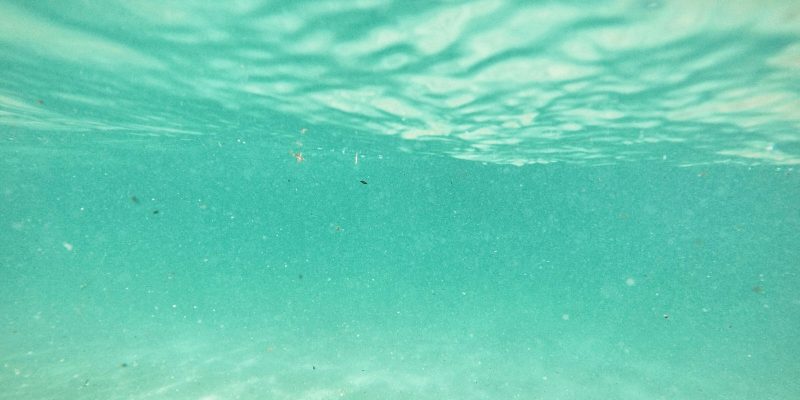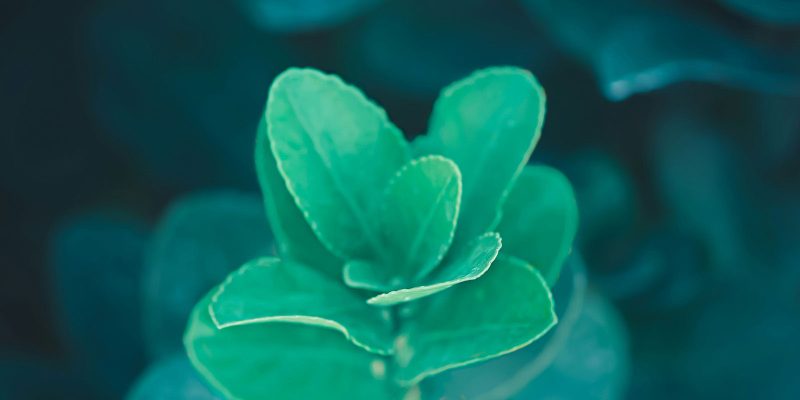The environment and sustainability were centre stage at a special one-off exhibition at LUMAS Gallery on Thursday 29 April 2021.
The exhibition showcased seven unique, original pieces that highlight water, sustainability and the environment and were each awarded a LUMAS Gallery and Sequana Arts Program grant in 2020 and culminated at the special exhibition in honour of the seven recipients.
The LUMAS Gallery and Sequana Arts Grant Program was established in July 2020 to support members of the creative community during the coronavirus pandemic.
The program was a joint initiative by project management consultancy Sequana and LUMAS Gallery to support and celebrate the creative community, providing artists with funding and a platform to showcase their work.
Seven one-off grants of $4,000 were awarded to the artists between July and December 2020, and the exhibition provided an opportunity for the winning pieces and artists to be celebrated, and their works purchased.
The funds awarded to each winning artist were able to be used at the discretion of each recipient during a time when some were unable to earn an income due to the extended lockdown in Victoria and the flow-on effect of the coronavirus pandemic. The funds also supported and helped bring to life existing and new projects each artist has been working on, ensuring they can continue to compete and showcase their work.
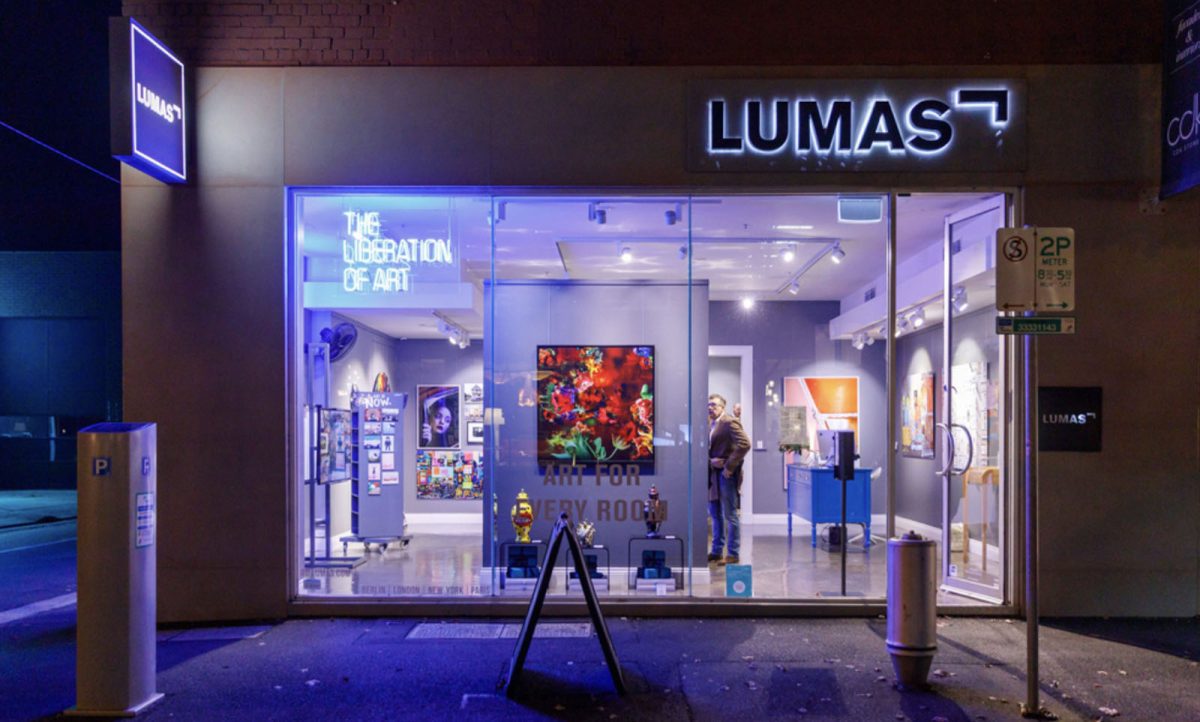
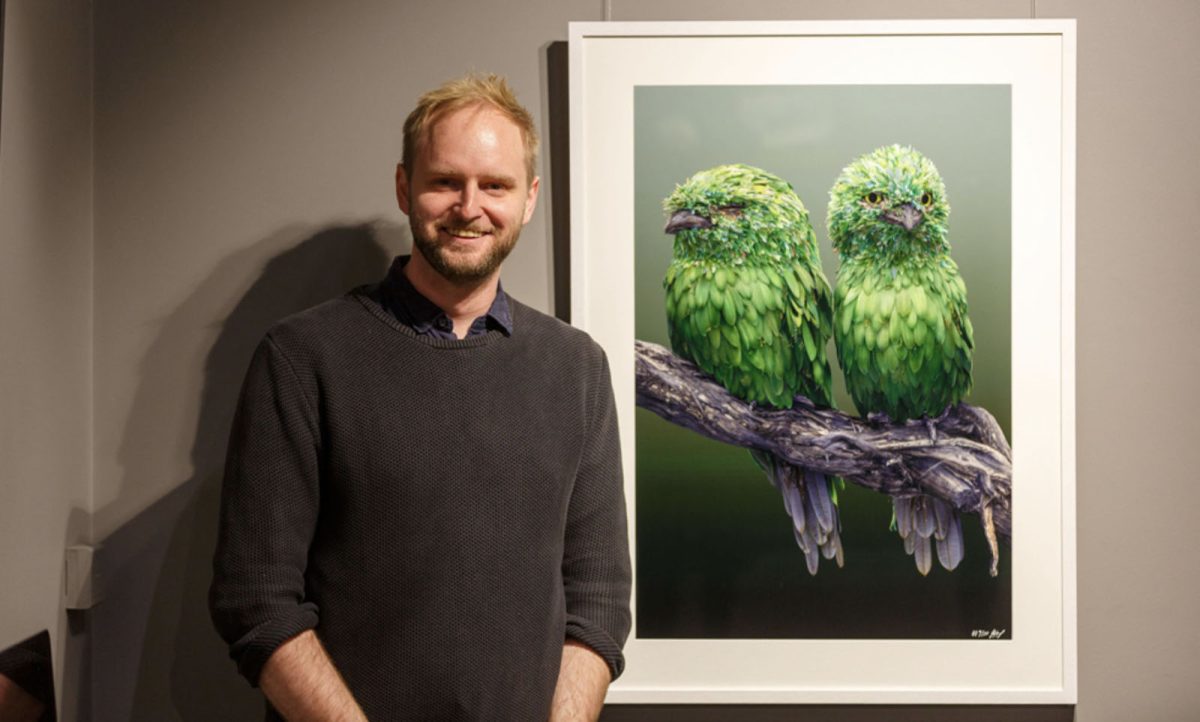
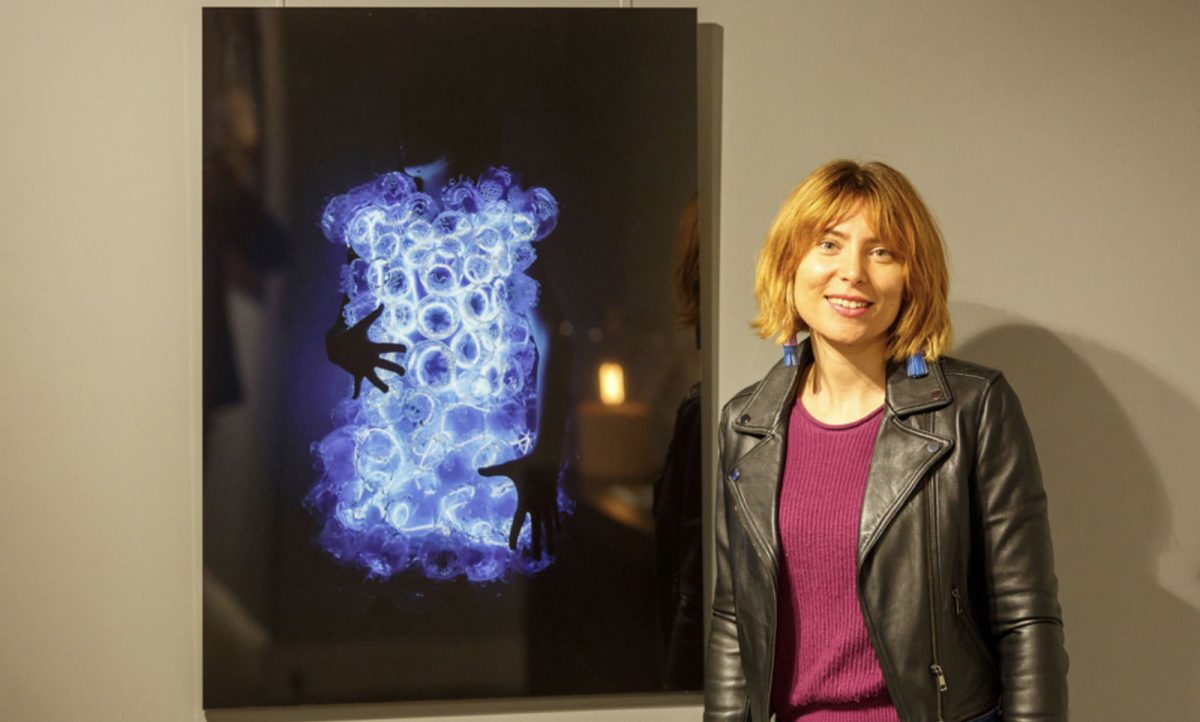
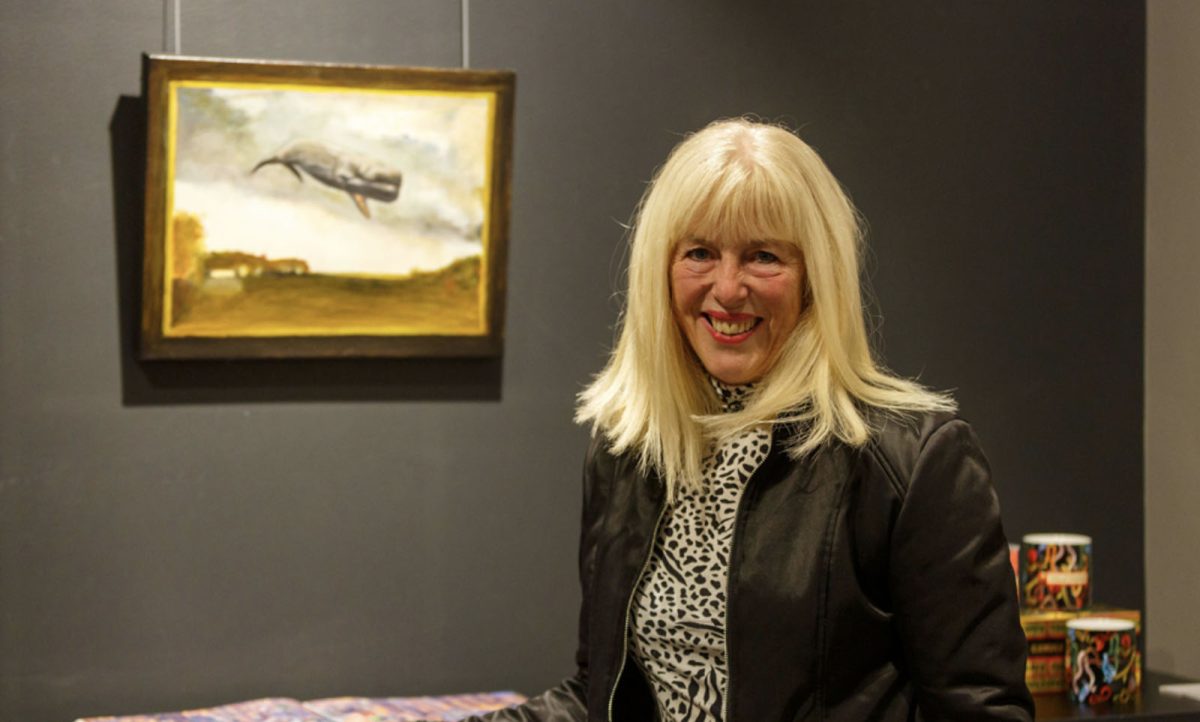
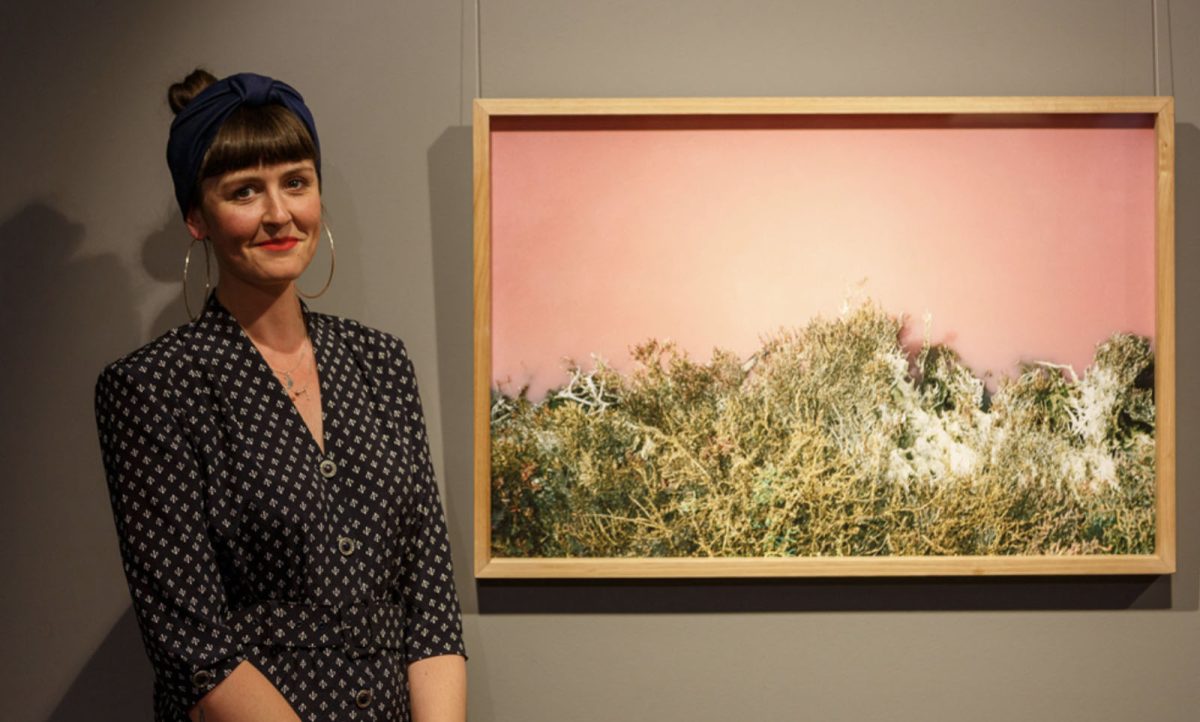
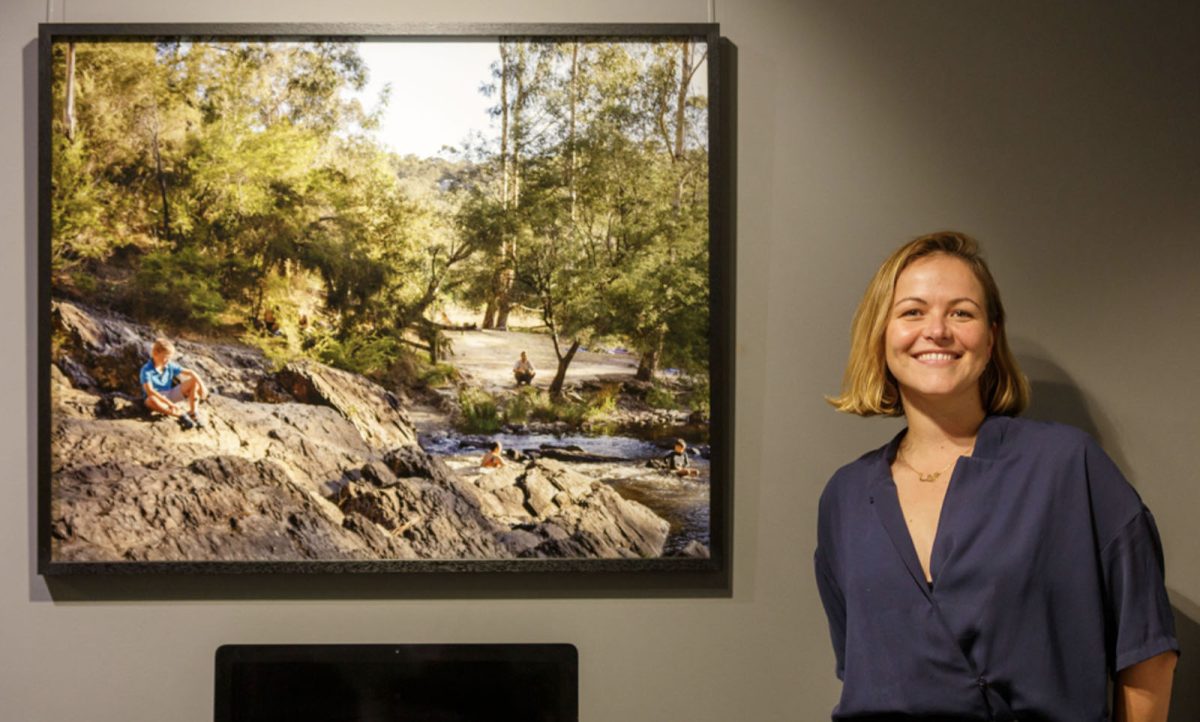
The seven winning artists and works included:
- Prudence Bansemer: ‘Pink Lake’ was inspired by the increased threat of climate change and increasing awareness of the importance of water to global ecosystems. The photograph was shot at Melbourne’s Westgate Park, where Saltwater Lake’s rosy hue has become a tourist attraction. The lake – which first turned pink in 2012 and has been changing colour every summer since – could be considered a litmus test of the effects of climate change.
- Jenny Reddin:J‘Evolution’ is a thought-provoking painting executed in a style reminiscent of an ancient washed-out photograph, but with an important underlying message told through a powerful visual. The image in ‘Evolution’ of a whale in a dry and arid landscape is intended to jolt the viewer into recognising the impossibility of life without water.
- Gabrielle Hall-Lomax: ‘Transformed Surfaces’ is a photograph that serves as an investigation into how we perceive and relate to our natural environment in the current geological epoch known as the Anthropocene, defined by the significant reshaping of the earth’s geology and eco-systems due to human activity.
- Josh Dykgraaf: ‘Tawu Tawu’ is a striking image of a pair of Tawny Frogmouths created from images of leaves and branches shot at Wilson’s Promontory National Park between lockdowns in June of this year, using images of the Tawny Frogmouths found there, as a reference image to build from – native Australian animals constructed directly from pieces of their natural environment.
- Nadine Karin Schmoll: ‘Interconnected’ is a photographic self-portrait shedding light on the interrelationships between the natural marine environment and humans in the context of the global impacts of climate change and plastic pollution. In the photograph, Schmoll is wearing an exoskeleton of coral polyps formed using waste plastic bottles that have been cut, moulded and textured using heat application.
- Vic McEwan: ‘Speciman – Koala Paw’ is part of a series ‘Specimen in Smoke’ which was inspired by the fires that raged across Australia in January 2020. He projected photographs that he had taken of animal specimens from the National Museum of Australia Institute of Anatomy specimen collection, into the suffocating smoke-filled night air.
- Alana Holmberg: ‘Idle Hours’ captured at Pound Bend in Warrandyte, Melbourne is a photograph which reflects water but more specifically, the draw of water for leisure time. Nestled in a green pocket of Melbourne, Pound Bend offers a refuge and escape from the city.
The LUMAS Gallery and Sequana Arts Grant Program judging panel, which consisted of Anouska Phizacklea, Director of Monash Gallery of Art (MGA); Eugenia Wilson, Managing Director, LUMAS Gallery Australia; and Mike Walsh and Frank Fisseler, Managing Partners, Sequana, were impressed with the strong link to water, sustainability and the environment in the winning artworks – a key part of the assessment criteria.
The program marked both LUMAS Gallery and Sequana’s commitment and dedication in support of ventures and community programs at a grassroots level, with the aim to empower artists by recognising the craft and livelihood of the incredible pool of talented Australian artists.
